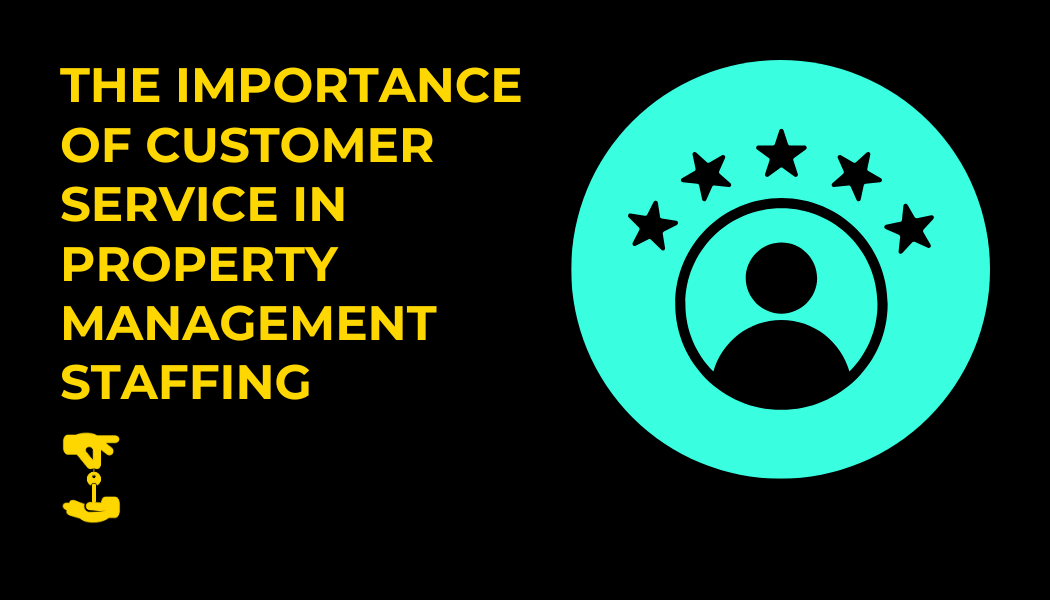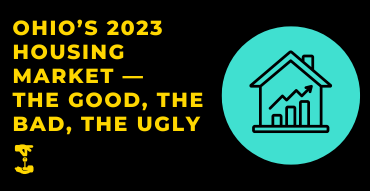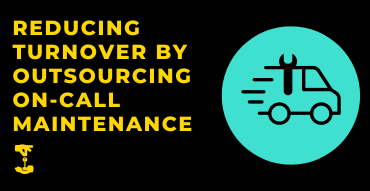Do You Really Know What’s Happening Inside Your Leasing Office?
Addressing Personal Experiences with Leasing Faux Pas

For property management companies with offices based in different states than some of their properties, we know it can be difficult to keep tabs on the ins and outs of every leasing office under your umbrella. However, we think it’s important to discuss some of the leasing faux pas we’ve experienced within the last few months… remember, your leasing agent is the first face that a possible new tenant sees when they walk through the office doors.
We already covered why having an accessible and clearly-marked leasing office is crucial in our blog here, but it bears repeating. There’s nothing more frustrating than circling around a property looking for a leasing office, especially when all the buildings in the complex look the same! On top of that, the relief of locating the office is quickly stolen by locked doors, shuttered blinds, and closed signs. No matter the time of day, at least one out of five offices we’ve visited had a “Will return later” sign tacked to the door, whether it be for a lunch break (at 10AM?) or just not having enough office coverage during the listed hours of normal operation. Also, we understand that a lot of leasing offices require everyone entering to be buzzed in, but not having clear directions on how to do so is frustrating. Why is it so hard just to get in?!
So, when we finally find the leasing office and make our way indoors, not being greeted immediately is the second red flag. Additionally, sometimes the office seems to be completely empty. We’re not saying that your leasing agent has to be glued behind their desk all day long, but staying in the general vicinity would be advised. Otherwise, potential tenants may turn around and walk right back out. We’ve been flat out ignored by leasing consultants more times than I can count on one hand, and that would put a bad taste in anyone’s mouth. Understandably, a lot of times the consultant may be on the phone or talking to other tenants, but a simple “I’ll be with you in just a moment” really goes a long way. Acknowledgement is key here.
The worst experience I’ve personally had in Columbus was at an upscale off-campus student complex. I walked in and the only person in the office was the property manager, who was on the phone discussing maintenance repairs. I was completely understanding of their situation, knowing how difficult it is to deal with the endless responsibilities that accompanies their occupation, and waited very patiently. Not only did they not acknowledge me after seeing me clearly standing by the door, but they actually walked away and went out onto the patio. I stood there for over fifteen minutes before I washed my hands of the situation. If I was a current tenant or a potential tenant, I would never recommend that property to anyone, and we all know that word-of-mouth is the most powerful form of advertising in this industry.
Let’s discuss general attitude and overall demeanor. Look, we understand that it’s hard to stay cheerful when you’ve got rent delinquencies, maintenance call-offs, and countless service requests. It’s a lot to handle at times, but that should all be left on the table when a possible new resident walks in the door. Not only have I had leasing consultants act annoyed when I walked in the door or asked them a question, but I can hear their irritation in their voice and see it in their body language that they’re not overly enthusiastic. Why would I want to engage in further conversation? A good salesperson in general should be excited and knowledgeable about what they are selling. It’s unfortunate when a leasing person doesn’t seem to like their job, because that translates as them not liking the property… so why should the customer? Why not take their business elsewhere? If you put yourself in their shoes, would you want to rent from someone who looks unhappy and uninterested?
Unprofessionalism is also very prevalent in this industry. I’ve seen leasing consultants walking around the office with no shoes on, on the phone with friends or family, taking selfies, and the like. It’s fine to have fun at work! But as a brand ambassador of the community, it’s important to represent your brand with a sense of pride and excitement. At the end of the day, your leasing consultant is the main point of contact for all future and current tenants, and it’s important both for acquisition and retention that they feel valued and heard.
In conclusion, we recommend that you spend time ensuring that your leasing office is fully staffed and operational with top-notch leasing consultants who are trained thoroughly in all aspects of the leasing process. It’s important to keep up to date with what’s going on in your leasing office. We highly recommend utilizing one of our property shops to gauge your leasing consultants’ expertise and professionalism. Or, let us find the perfect leasing consultant for you! We have a wide pool of talent and high standard vetting and hiring processes to determine a candidate perfect for you and your property’s custom needs.



Contact Us
Phone: 614-694-0270
Email: info@leasingtemps.com
Address:
820 Morrison Road
Gahanna, Ohio 43230
Quick Links
Copyright © 2024 All rights reserved | Leasing Temporaries
Powered by Geek Squared










